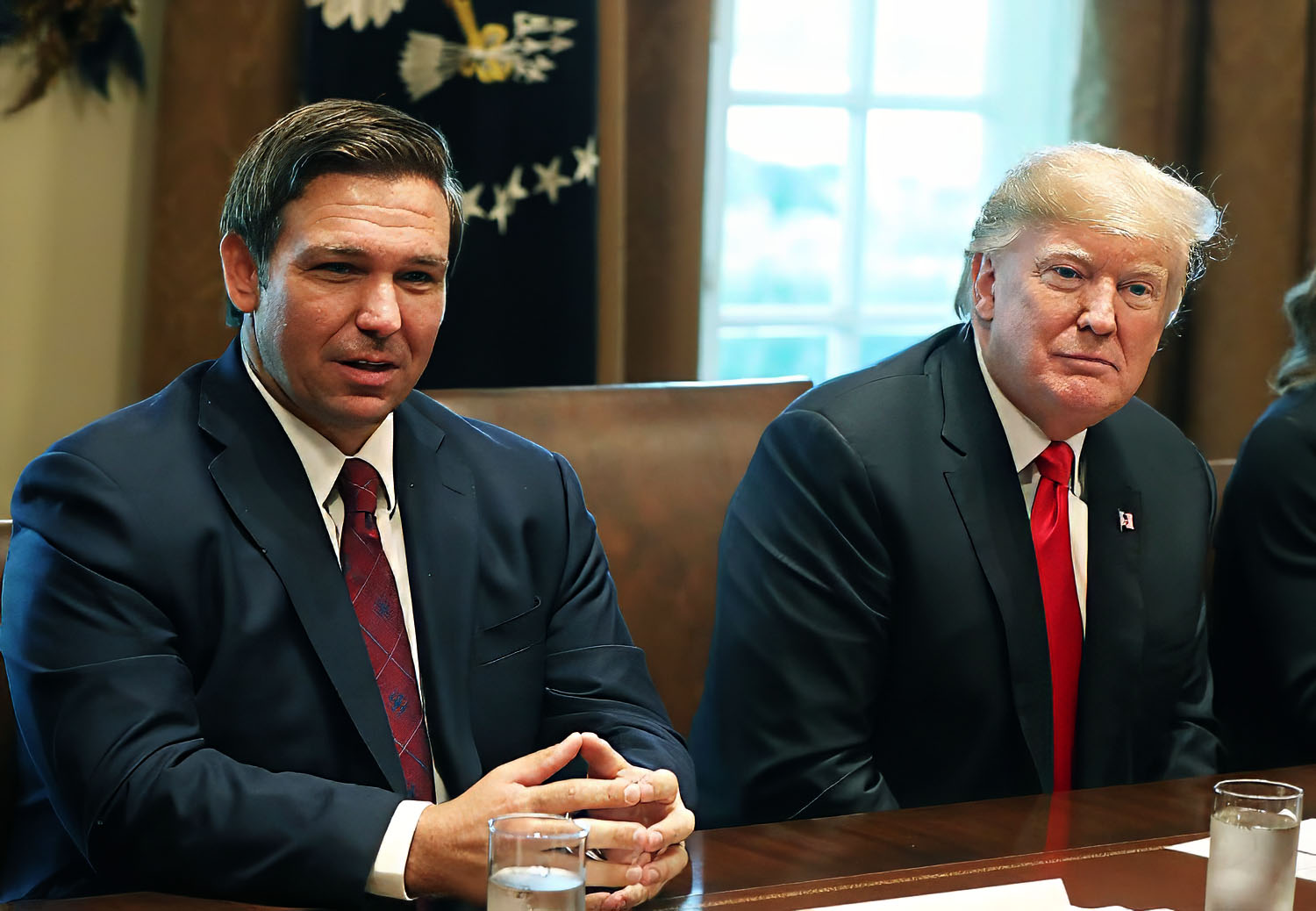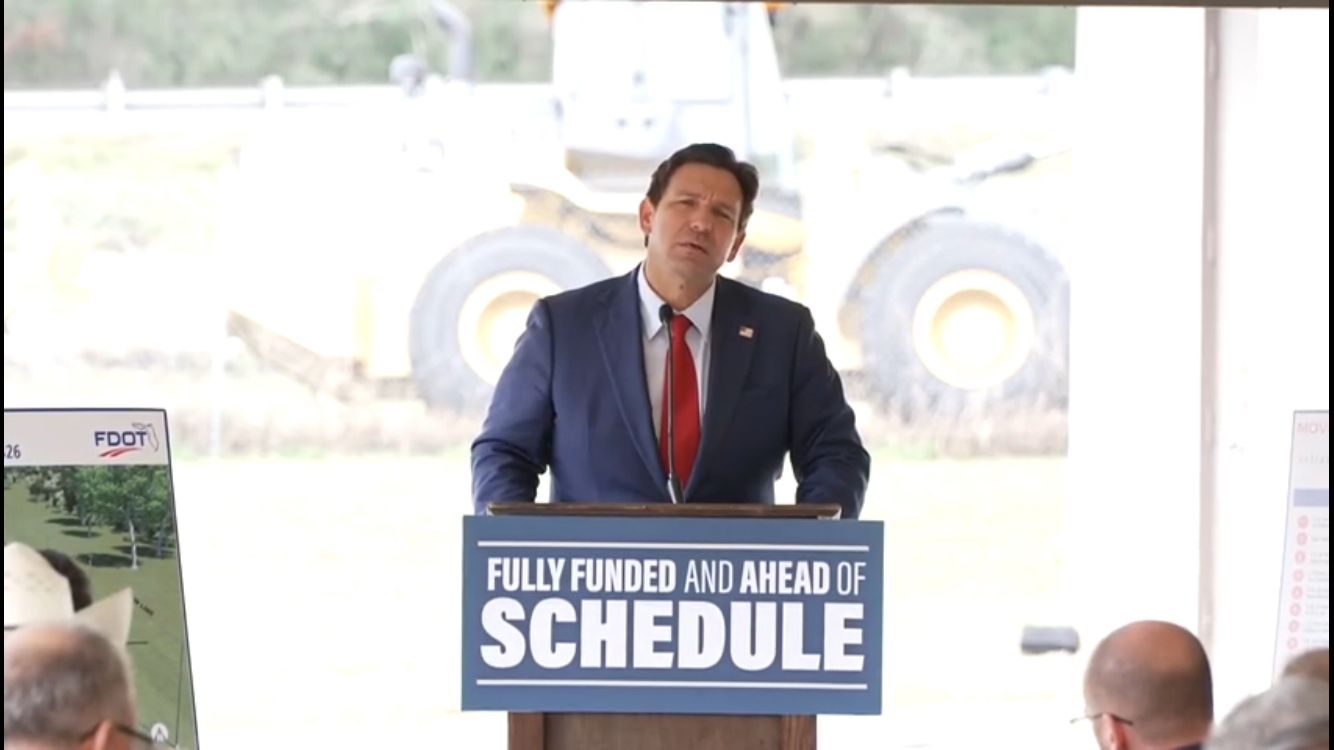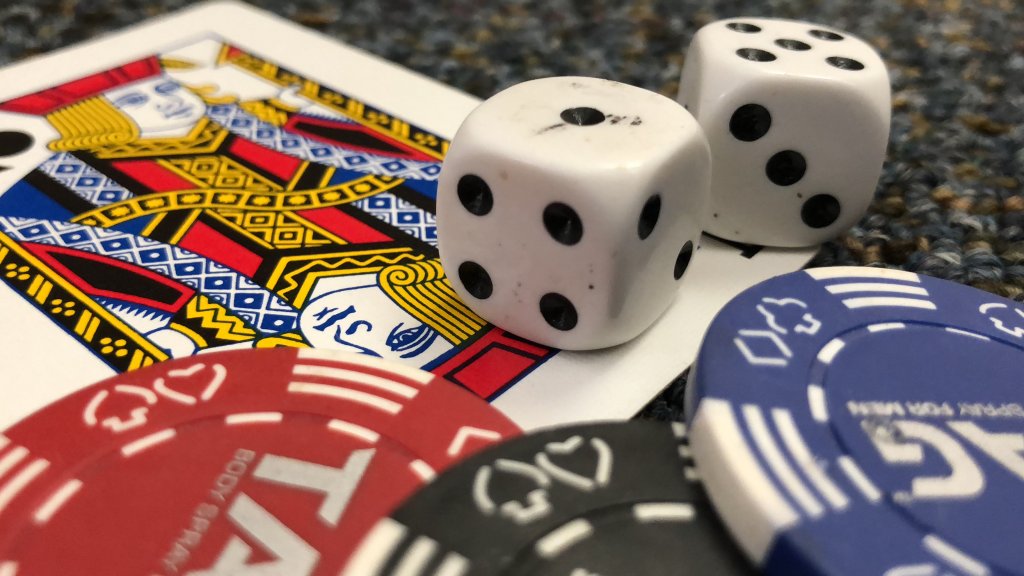The “eyeball wars” between ophthalmologists and optometrists will flare up again this year after Rep. Alex Rizo filed new legislation (HB 449).
Opposed by ophthalmologists, the measure again seeks to allow optometrists in advertisements to call themselves a Doctor of Optometry (O.D.) or an “optometric physician,” despite significant differences in medical training and education.
Ophthalmologists complete medical school and a required residency, which typically represents a decade or more of medical training and more than 17,000 hours of patient contact training before such medical doctors are permitted to practice on their own. By contrast, optometrists complete a four-year course in optometry, and not all of the programs require a college degree. The training does not include a residency nor surgical training.
Rizo’s bill would, among other provisions, allow optometrists to advertise themselves as an optometrist, licensed optometrist, a doctor of optometry, optometric physician, board certified optometrist, American Board of Optometry certified, a Fellow of the American Academy of Optometry, a Fellow of the College of Optometrists in Vision Development, residency-trained, or a diplomate of the American Board of Optometry.
It also includes revisions to existing law that would broaden an optometrist’s scope of practice to include additional surgical procedures and prescribing authority.
Ophthalmologists and their advocacy groups, as they have in past years, oppose the measure, arguing it is dangerous and unnecessary and that it would lead patients to assume optometrists are on the same level as ophthalmologists, despite lesser medical and academic training.
Opposition groups point to peer-reviewed medical research published in the Journal of the American Medical Association showing increased incidence of necessary follow-up surgery when procedures are performed by an optometrist rather than an ophthalmologist. That includes a 189% increased risk of additional necessary treatments following laser treatments performed by optometrists compared to the same laser treatment performed by an ophthalmologist.
Optometrists, meanwhile, argue the scope of practice legislation is needed to expand access to eye care by increasing the number of practitioners available. But ophthalmologists argue that most Floridians live within a 30-minute drive to an ophthalmologist, and that there is currently no backlog of patients seeking ophthalmologic care in the state.
Rizo has fired back against critics.
“What exactly this bill does (is make it so) you don’t have to go to an ophthalmologist, necessarily, if there’s a condition that calls for this particular procedure or pain medication,” he previously told Florida Politics. “No surgery, nothing like that. It’s basically an advanced first-aid procedure to release inter-corneal pressure.”
Rizo carried a similar bill in 2021, but it and its Senate analogue died before reaching a floor vote.
The “eyeball wars” date back years, at least to Sen. Don Gaetz’s reign as Senate President, a leadership role he held from 2012 until 2014.
Gaetz coined the term “eyeball wars” and in 2013, he believed he resolved the turf war between ophthalmologists and optometrists. The two sides settled on a compromise allowing optometrists to prescribe oral medications, but not to perform surgery.
But the fight resurfaced a few years later.
A similar bill to this year’s effort (SB 1112) died last Session after a failure to reconcile between the House and the Senate. Then-Senate President Kathleen Passidomo, whose father was an ophthalmologist, filed priority legislation that would have blocked the use of the term doctor or physician in certain circumstances, including for optometrists.
The House amended the bill to allow optometrists to use the terms in advertisements. Passidomo had been successful in ushering the measure through (2023’s SB 230), but Gov. Ron DeSantis vetoed it. Rizo voted that year against efforts to allow optometrists to refer to themselves as doctors of optometry.
Rizo filed this year’s bill on Feb. 6. It’s been referred to two committees: the Health Professions and Programs Subcommittee and the Health and Human Services Committee. It’s awaiting its first hearing in Health Professions and Programs.
A Senate companion has not yet been filed.
If passed and signed by the Governor, the measure would take effect July 1.
Post Views: 0

 Entertainment8 years ago
Entertainment8 years ago
 Entertainment8 years ago
Entertainment8 years ago
 Politics8 years ago
Politics8 years ago
 Tech8 years ago
Tech8 years ago
 Tech8 years ago
Tech8 years ago
 Tech8 years ago
Tech8 years ago
 Politics8 years ago
Politics8 years ago
 Entertainment8 years ago
Entertainment8 years ago









